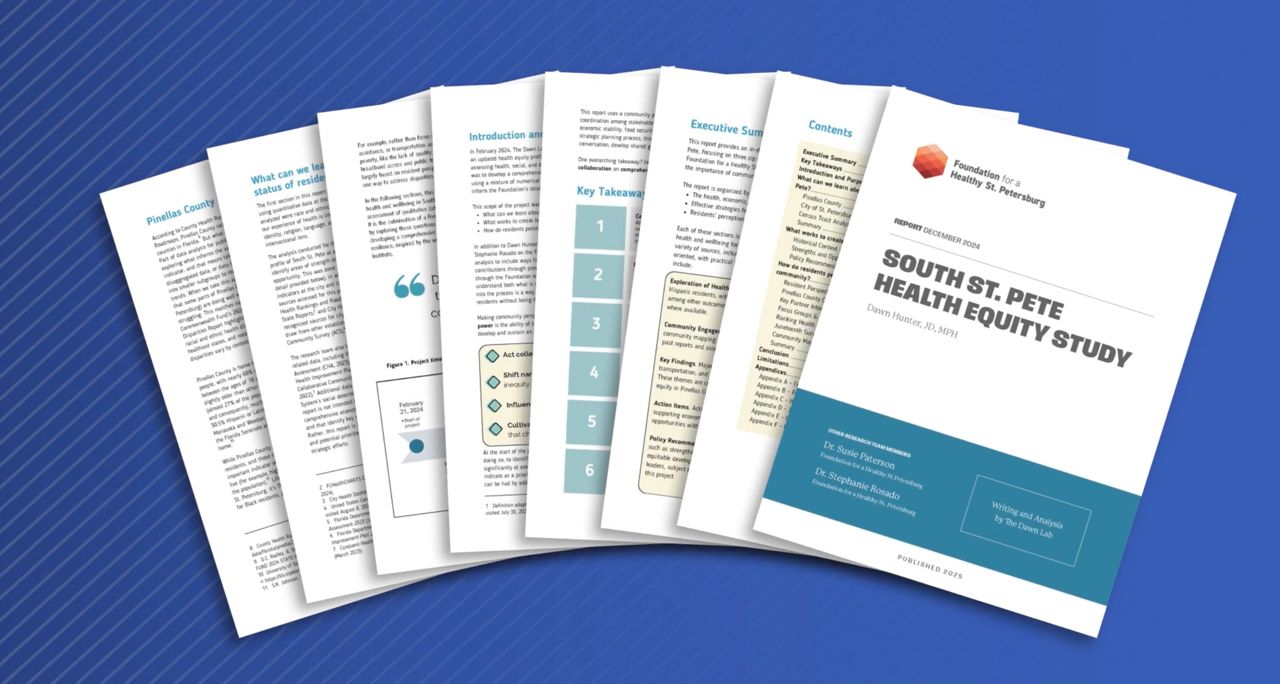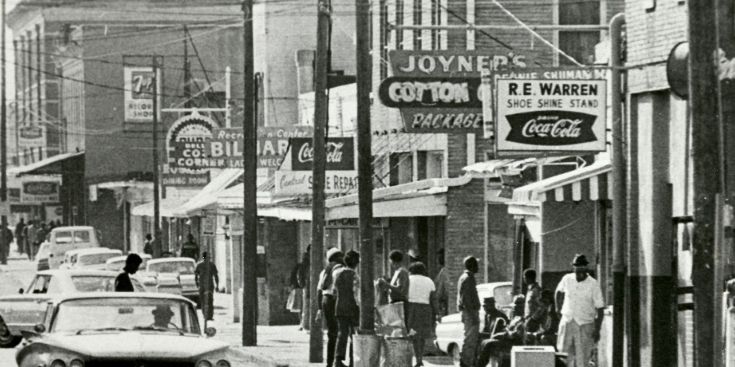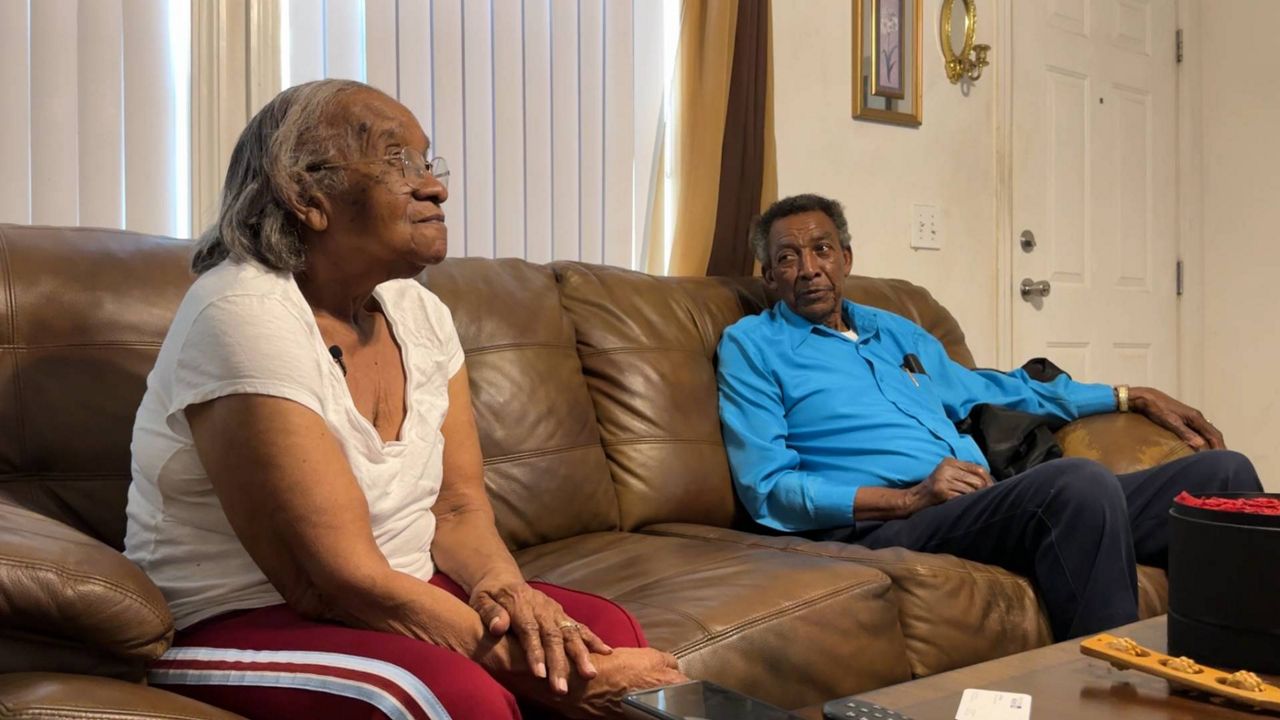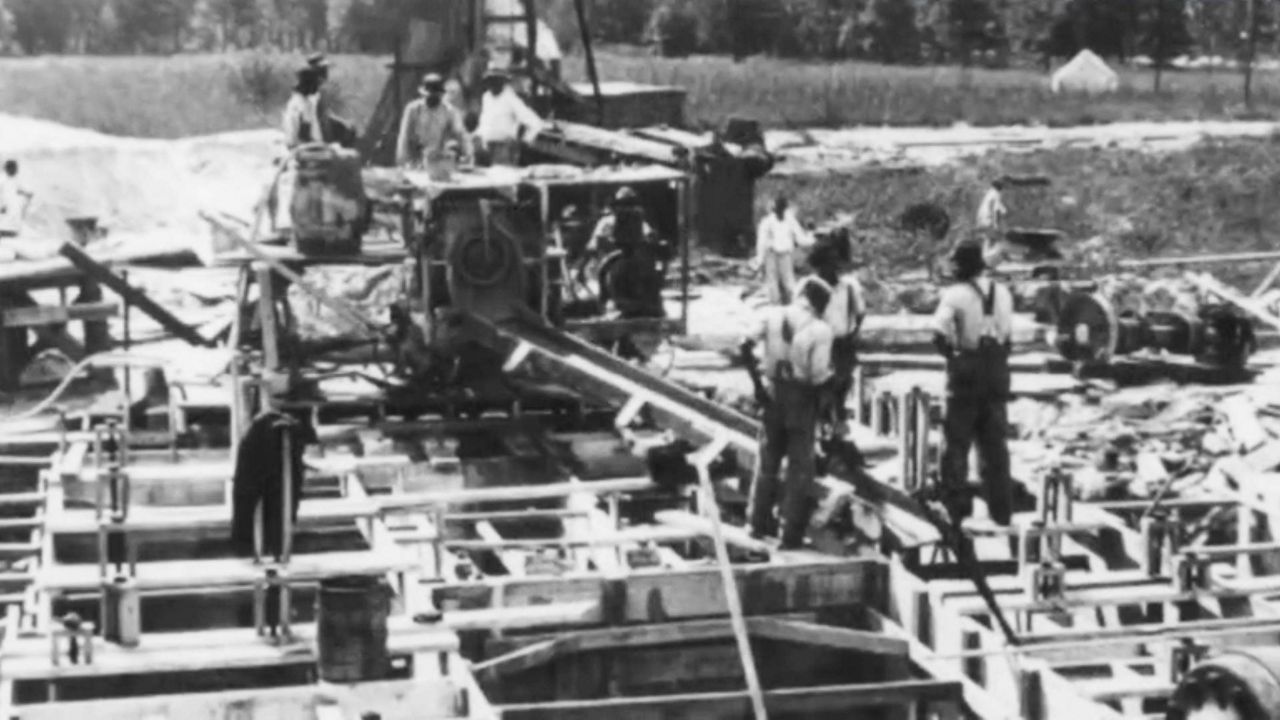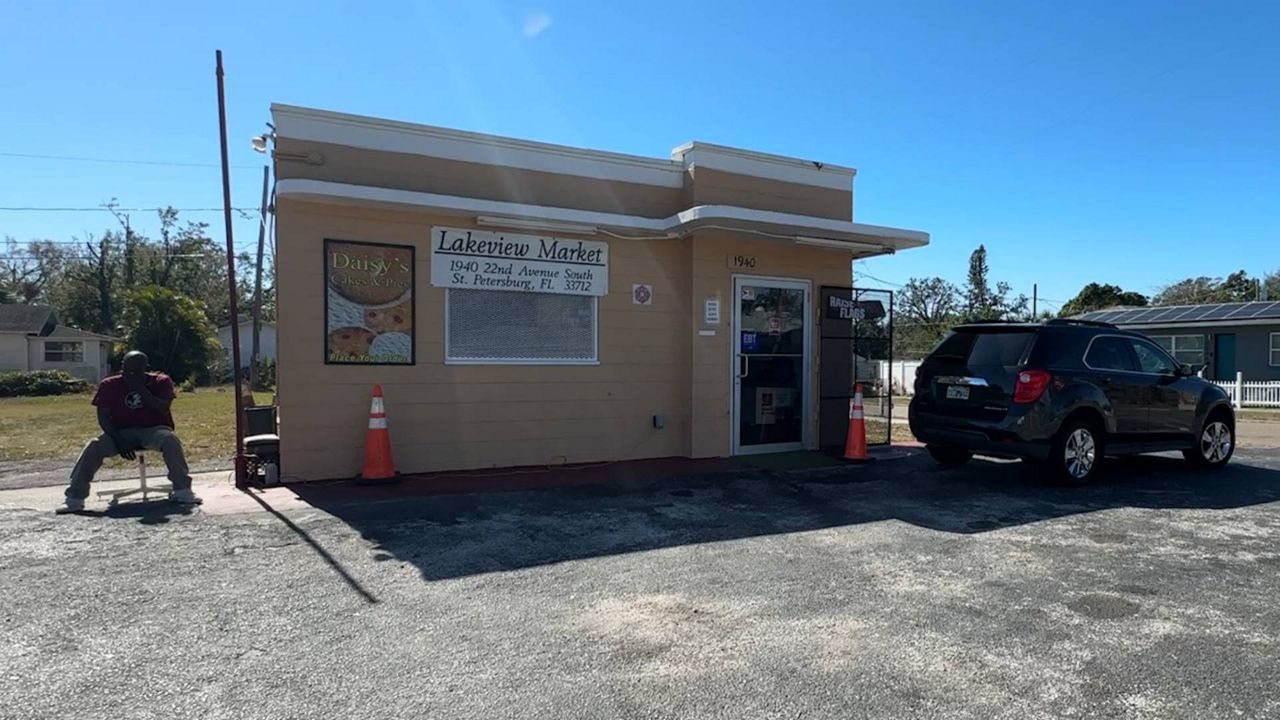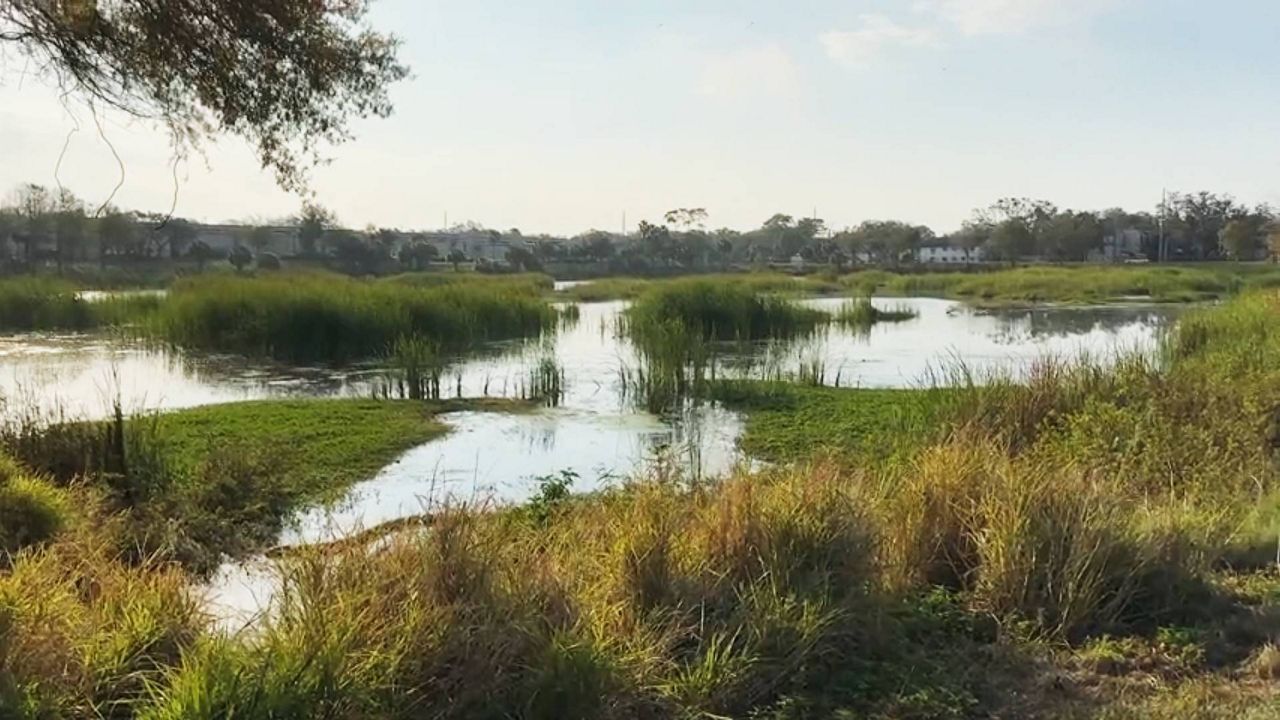ST. PETERSBURG, Fla. — Relief and resources for those hit hard by Hurricane Helene may vary in communities.
The relief response can differ based on a lack of access to communities or people in the communities not being aware of what resources are available. A global nonprofit based in Tampa is making sure whatever the cause is, those relief efforts are equitable.
“Ask for what you need,” said Pastor Ken Irby.
There was a meeting of the minds with those who know the community the most.
“You have a group of apartments that are right on 18th between 4th, before you get to 9th that have been completely wiped out,” St. Pete NAACP Chapter President Ester Eugene said.
It was step one for the Institute for Diversity and Inclusion in Emergency Management’s hurricane response.
Step two is making sure their response teams are properly trained before they go into underserved communities. It’s a plan I-DIEM co-founder Chauncia Willis-Johnson created to prepare them for the kind storm of damage they found at an apartment complex in South St. Pete.
The building’s roof was ripped off, causing flooding and structural damage, displacing dozens of families.
Overall, the storm has led to over 220 deaths in Florida, North Carolina, Georgia and other states.
Even with all of the flooding, Lolitha Seay said she was one of the lucky ones. She has lived in the first floor apartment with her four kids for less than a month. She said water from the roof ripped off, flooded her home with several inches of water and left behind damage and mold.
“We had to put all of this stuff in here. See all of our stuff we had to move. And we got the air mattress because we lost beds,” she said.
Like many people in marginalized communities, Seay said she didn’t know where to turn.
“You don’t be thinking at the time like, 'Who can you call and get the resources from?', she said. “You don’t think like that. All you think about is your kids, getting them in a safer place.”
It’s something she says her neighbors are facing too and they’re hoping people who want to help continue to show up like they did today.
“I’m just thankful for whoever can help us and whoever can just come through and help us in this time of need,” said Seay. “We’re really thankful. it’s like a lot of families out here that need help. Not only me. It’s a lot of families upstairs need help. They need help more than I do.”
Those are the details I-DIEM volunteers are taking with them before heading to another community a couple miles away.
Volunteers wanted to make sure the resources and response matches the damage there.
It’s an intentional effort I-DIEM is committed to, ensuring that the response system that’s committed to doing the most for the most, don’t leave out those who have the least.
“During Superstorm Sandy and Harvey, over 40% of the applicants were denied in majority-minority communities and in underserved communities," Willis-Johnson said. "Those applicants were denied, and that is something that has occurred over and over again. What we’d like to see is an intentional intervention to help those who are most underserved."
I-DIEM officials are also canvassing in other states like Georgia and North Carolina that were hit hard by Hurricane Helene. They said next steps include making sure connections have been made with government agencies and community organizations and the underserved communities that may have been overlooked.






